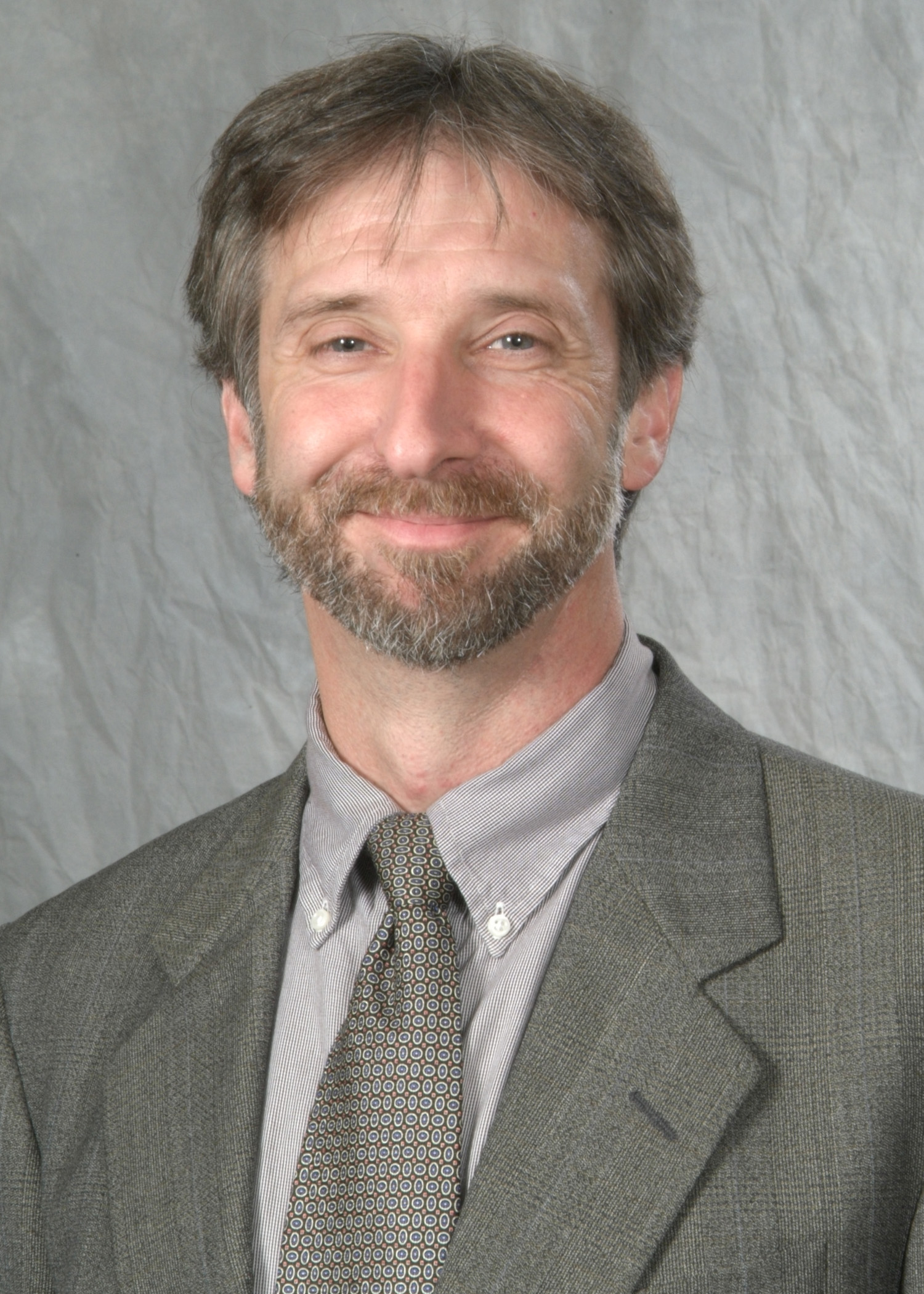FAYETTEVILLE, Ark. — Chief executive officers and business managers constantly worry about the relationship between turnover and business performance, especially when that performance negatively affects a company’s bottom line. But traditional research models that examine the relationship between turnover and performance may not be telling the whole story. A University of Arkansas management researcher says that turnover moderates, rather than determines, how well organizations perform.
Jon Johnson, associate professor of management in the Sam M. Walton College of Business, and his colleagues at the University of Kentucky analyzed social-network data from 38 stores of an international restaurant chain and found that social-capital losses explain variation in store performance better than simply accounting for losses in human and intellectual capital due to turnover. Broadly defined, social capital is asset embedded within a network of relationships among people within organizations.
“Social capital is created when this network of relationships facilitates instrumental action,” said Johnson. “By and large, we get things done in organizations through our relationships with one another. Our research adds to the small but growing body of work demonstrating that turnover affects an organization’s performance not only through the loss of the knowledge, skills and abilities, but also through the loss of the kinds of relationships that undergird productive interactions.”
To better understand the relationship between turnover and performance, organizational researchers in recent years have focused on the different kinds of resources that make up an organization’s workforce. In addition to human and intellectual capital, which have received a lot of attention over the past few years, “social capital” has begun to attract the attention of management researchers.
Johnson and the Kentucky researchers wanted to show how the loss of employees that bridge many diverse communication links would affect overall organizational performance. These links, which management researchers call “structural hole bridges,” provide advantages to the collective organization because they increase efficiency and effectiveness in the exchange of information. The researchers predicted that the loss of employees that bridged otherwise disconnected communications gaps within an organization should be more damaging to overall organizational performance than the loss of employees with more redundant ties.
To test these theories, Johnson and his colleagues collected data from 70 U.S. stores of an international restaurant chain. They were able to use information from 38 of those stores. Data were obtained from four sources: employee surveys, supervisor performance evaluations, turnover records and store sales records. In addition, store supervisors completed short employee evaluation forms provided by the research team.
The researchers found that stores with very high levels of turnover performed more poorly than stores with a more stable human resource pool. However, in stores with low turnover, the loss of deeply embedded employees had a much stronger negative influence on overall store performance than the loss of more peripheral players. The lesson is that if an organization has a stable set of employees, the loss of a few, highly central employees, ones that bridge many communication links, will cause a disproportionately negative effect on store performance.
“You lose a lot with those first few people who are highly central to an organization,” Johnson said. “It disrupts the communication fabric of the unit.”
Surprisingly, the data showed that turnover rates in general and performance loss at the individual level did not consistently predict store performance. This finding led the researchers to think about the nature of the restaurant business, which generally experiences high turnover, sometimes as high as 90 percent a year.
“It should be noted that our research context -- restaurants that experience high turnover -- could be considered a weak situation for testing,” Johnson said. “But, it speaks to the possibility of powerful effects of social capital loss in stronger, more stable settings. The importance of social network connections is likely more important in other industrial contexts, especially in areas such as product development and design and upper-echelon management.”
Johnson said they did not identify specific individuals who served the role of communicating critical information to many and diverse groups within the organization. However, early indications reveal that these individuals aren’t necessarily supervisors or managers. They may be lower-level employees who know many people within the organization and help bind these people together, which leads to greater efficiency and facilitates critical action in pursuit of organizational objectives.
“There’s no compelling evidence that the person with the most developed in-role skills or most responsibility is the most valuable employee in terms of social capital,” Johnson said.
Previous research in the area of voluntary turnover examined the issue as an accounting exercise or focused primarily on turnover’s effect on the loss of human capital. Johnson said their study is one of the first to examine how losses of individuals in key network positions can negatively affect the performance of organizations.
“The results of this study are very encouraging with respect to the role that social-capital losses play in performance of organizations,” Johnson said. “The results suggest that turnover not only increases inefficiencies in organizations and costs them in terms of human capital, but also costs organizations in terms of lost relationships among people. Many of these relationships knit the organization together.”
Contacts
,
